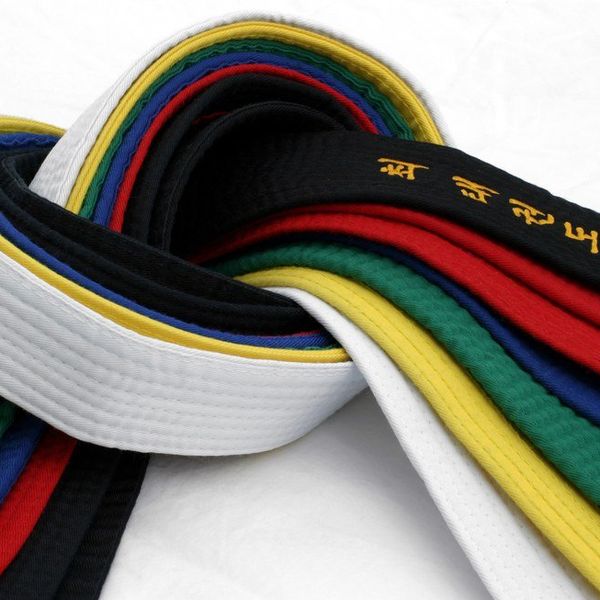Although somewhat pessimistic, failure is inevitable. However, it's what you do in response to your failure that can gear it towards a positive or negative direction. As the cliche goes, you learn most from your failures. While I often dismiss these words from my mother, coach, teacher, etc., I can't help but agree with them when I reflect on past incidents, whether they be school-related or athletics-related.
As a tweenager (does that even qualify as a word?), I was the ultimate perfectionist. You always had to be the best was almost like a mantra that would echo inside my head as I wandered my middle school hallways. I had to have the best grades; I had to at least be the fastest girl in the mile run; I had to earn the best solo parts in my a capella group. While being naturally competitive can be seen as an advantage, it was often very detrimental to my mental health. What once started a fun motivation soon became an obsession that very much consumed me. I found this to be especially true in academics and music.
I felt the most at ease with these two fields as I believed that as long as I put in the work, I would be the best. I often enjoyed participating in these activities as I felt like I had the most control. I knew that as long as I interminably peered over my notes, I would be able to succeed in all of my tests and earn that desired A. The same went with my musical ventures. I knew that as long as I reviewed my lines or practiced my violin, I would achieve the results I wanted. Or so I thought.
Less than a week away from leaving the east coast for college, I can still remember the day I received my first "less than stellar" report card. I bawled my eyes out because I received an A- in Chemistry. Heck, I was in middle school-- let's not even venture to my high school grades! That day, I really felt like the world had collapsed. I tried to blame everything around me-- the tests were based off of a very low points system, my teacher didn't explain concepts well, I'm just not proficient in the sciences, the list just went on and on. And that was how I dealt with my first major failure.
Fast forward a few months, and I was experiencing another major change in my life. After being relatively comfortable in my local public school, my parents decided to pull me out and send me to a private boarding school. Going into high school, I was very confident in my abilities-- minus my one blip in Chemistry, I had been a stellar student. However, I revised that mentality after interacting with my new classmates. I was no longer the best student, the best singer, the best female athlete (Disclaimer: this was all through my middle school point of view and I very much was not the best in all of these categories in middle school). For the first time in my life, I felt largely inferior to my peers. And how did I deal with this failure? I didn't. I just chose to resign to my deficiencies.
Thankfully, I learned that resignation is not the way to deal with failure. Around the same time I entered high school, I picked up fencing. Oh jeez, fencing-- what a ride. Entering the sport with the same perfectionist attitude, I was unable to deal with the countless disappointments present. Tournament after tournament, I dealt with painful losses after training so hard. My default response to all these failures was to just throw a public tantrum and argue with people. I wasn't mature enough to take the time to reflect and realize that I have to change in order to fix things. Although a rather simple realization, it took me a good three, four years to learn this. Despite being heavily involved with academics, I was unable to learn how to deal with the failures and disappointments that life presents us. And that's what makes sports so invaluable-- they teach us the important lessons in such a way that no other field can.





















